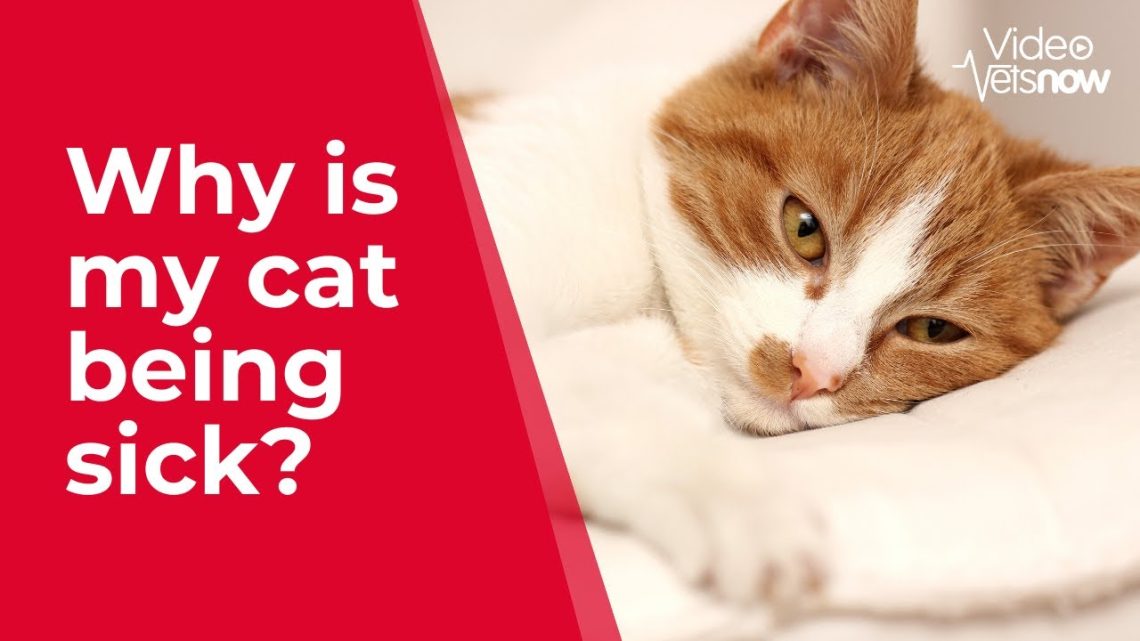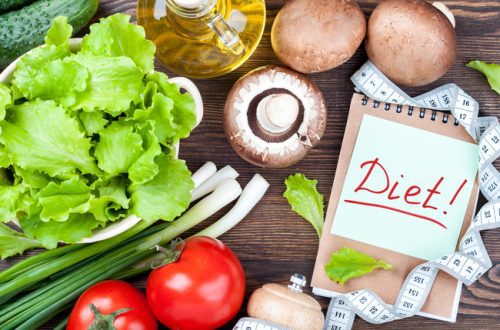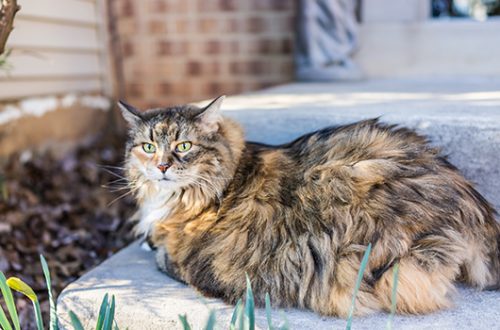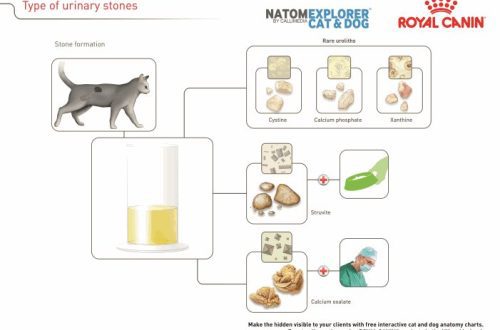
Some reasons why a cat may feel sick after eating
Cat owners sometimes blame a new food for the fact that the cat vomits immediately after eating. This relationship seems logical, but vomiting and nausea can be caused by other causes as well.
regurgitation
Spitting up (regurgitation), that is, the removal of swallowed food through the mouth, can occur if your cat likes a new food very much or has conflicts over food or during meals with other pets. What happens is that the cat eats so fast that it swallows food without chewing, and also swallows a lot of air. Large pieces of food and air, once in the stomach, are likely to be “asked back.” If your cat is throwing up chunks of food immediately after feeding, it is most likely due to spitting up.
What can be done?
If you suspect that your cat is eating too fast and this is causing spitting up, you can try:
- First, feed her smaller portions until you notice that she is eating more slowly;
- Secondly, try pouring food not into a deep bowl, but onto a wide flat surface, such as a tray or baking sheet. As a result, food pellets or pieces of food are distributed over the entire surface, and it takes the cat more time to eat them. The cat will also not swallow a large amount of food at one time.
Switching to a new food
Switching to a new food too quickly can be another cause of vomiting. Mix the current diet with the new one, gradually increasing the amount of the latter and decreasing the amount of the old food, over a period of seven days – this will help to avoid problems.
If you see your cat feeling uncomfortable or vomiting frequently or severely after eating, contact your veterinarian immediately. It will not be superfluous to consult with a veterinarian before using a new food.





